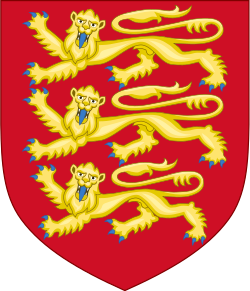This article needs additional citations for verification .(August 2024) |
| This article is part of a series within the Politics of the United Kingdom on the |
 |
|---|
Government Offices for the English regions (GOs) were established in 1994 by the John Major government. Until 2011, they were the primary means by which a wide range of policies and programmes of the Government of the United Kingdom were delivered in the regions of England.
Contents
There were Government Offices in the East Midlands, East of England, London, North East, North West (until 1998 there was a separate GO for Merseyside), South East, South West, West Midlands and Yorkshire and the Humber regions.